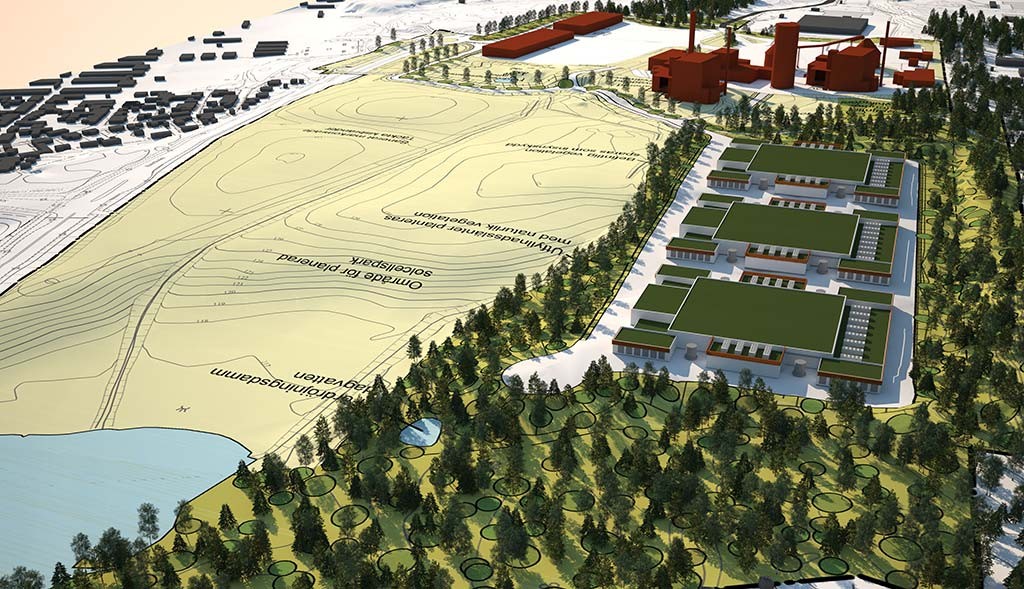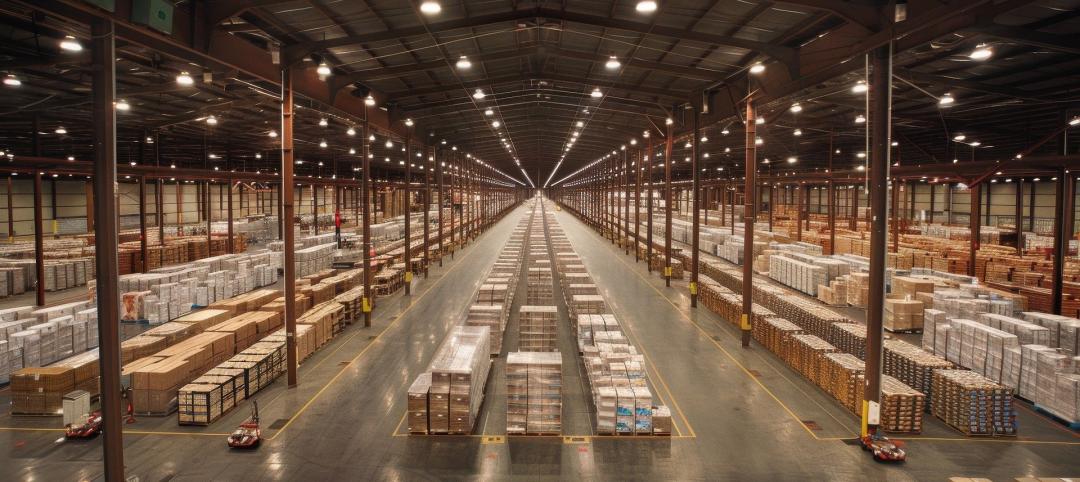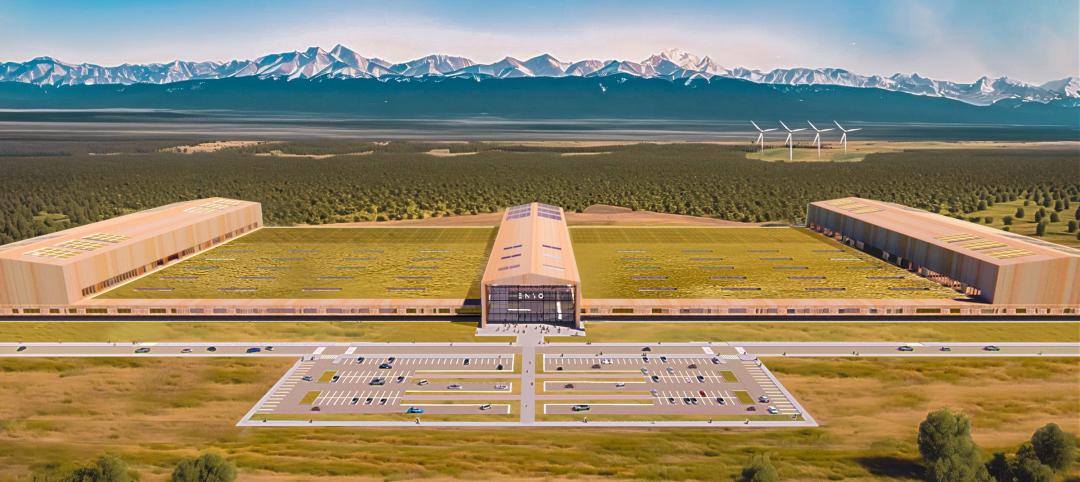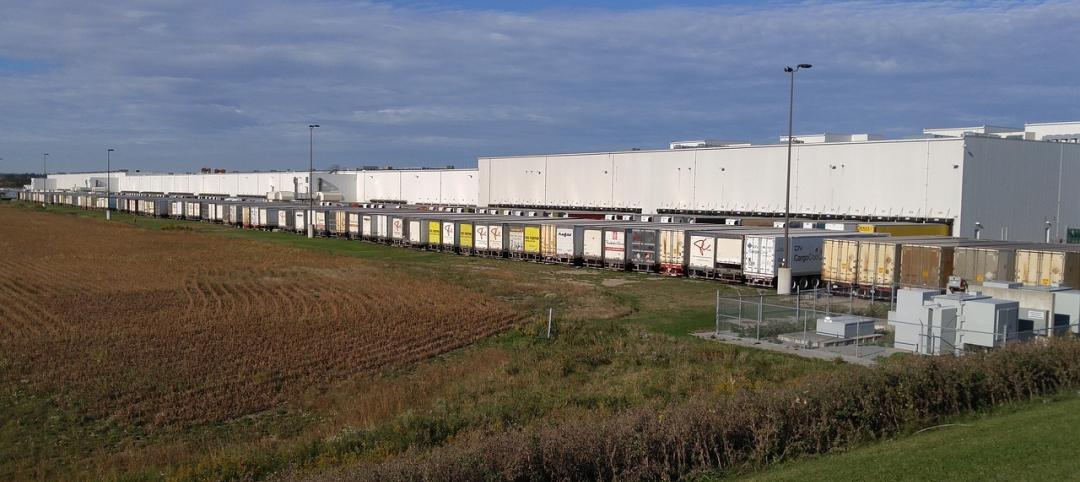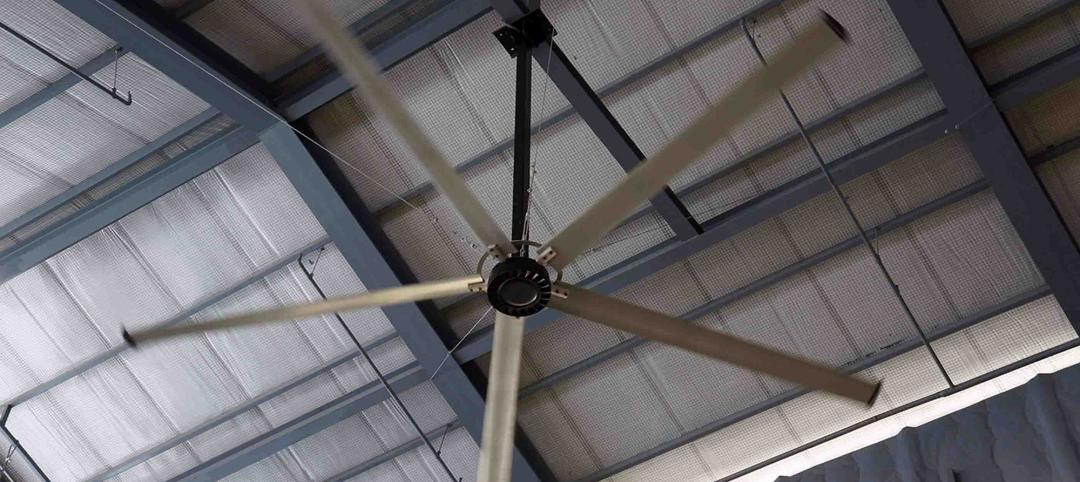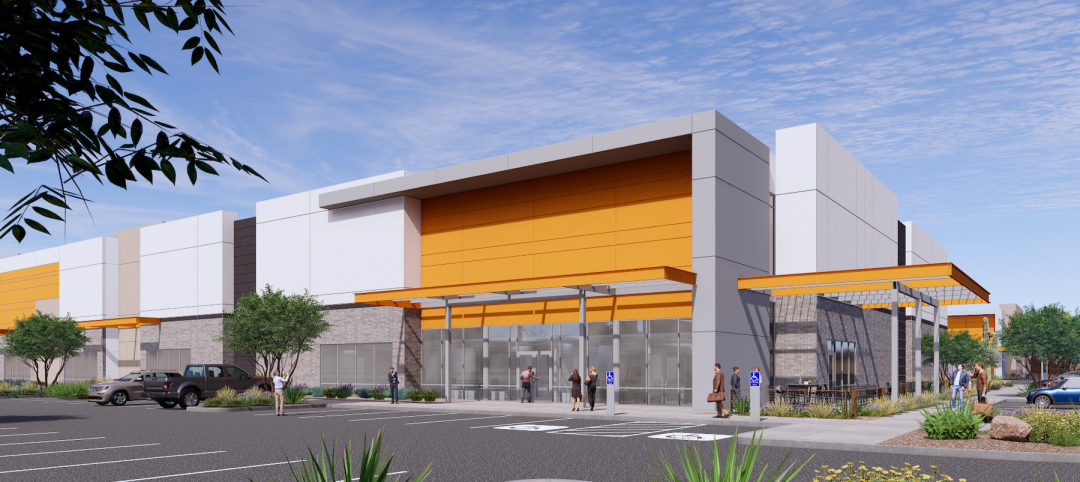A single mobile phone uses more energy per unit than a refrigerator, not so much in terms of recharging but in the data traffic and other actions the phone creates.
The Information and Communications Technology (ICT) sector consumes as much as 10% of the world’s electricity, a sizable portion of which goes toward operating data centers that are the spine of the Internet and the cloud.
Large data centers can use more electricity than a midsize town. However, much of that energy ends up being released as heat into the atmosphere, to the point where carbon emissions from data centers could exceed what the entire airline industry spews annually within the next five years.
Consequently, as data centers expand, greater emphasis is being placed on controlling their impact on the environment. Apple claims that all of its data centers are powered by 100% renewable energy, including new data centers in Denmark and Ireland that will be completed in 2017. Apple has also made an $850 million investment in a solar farm in California to power its new campus in Silicon Valley, all its California offices and data centers, and its data center in Newark, Calif.
In Falun, Sweden, the municipality owned Falu Energi & Vatten is collaborating with Schneider Electric and EcoDC AB, which specializes in designing and building climate-smart data centers, to build what this team is calling the world’s first climate-positive data center.
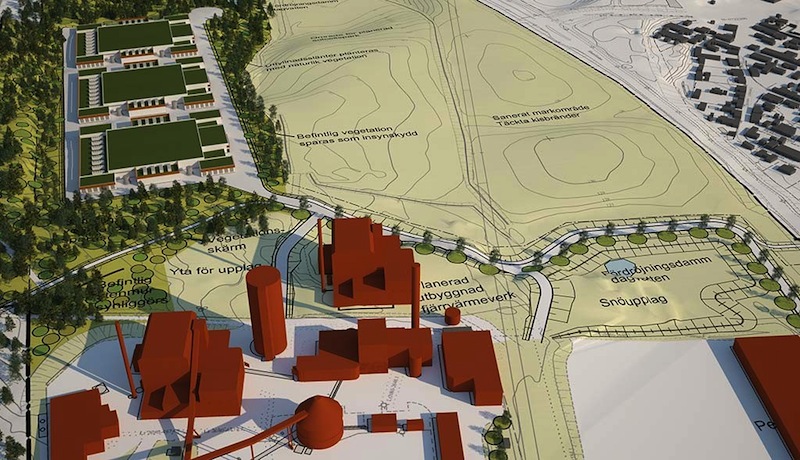
The location of this three-building, 250,000-sf EcoDataCenter is relevant. Falun is one of the greenest towns on the planet. Ninety-five percent of houses with district heat in Falun (about half of all homes in the municipality) are provided with heat from a cogeneration plant that recycles forestry waste to produce electricity and warm water.
The town also has one of Sweden’s largest solar panel arrays. More than half of Falun’s energy needs are provided by hydro, wind, and cogeneration plants, with the rest coming from renewable sources such as solar and secondary biofuels.
Consequently, 100% of the energy that the EcoDataCenter would use will come from renewable sources. The 18-megawatt data center will be connected to Falun’s energy grid, and excess heat from its servers and equipment will warm buildings in the town’s district heating system. During the summer, excess steam from a local electricity plant will run machines that cool the data center.
No electricity will be required to increase the return water temperature from the data center. Heat from the data center replaces existing marginal heat production with high CO2 emissions. This CO2 replacement will exceed total CO2 emissions from the data center during a year.
EcoDataCenter’s first building should be completed in the first quarter of 2016. When fully operational, EcoDataCenter should attain the highest levels of availability and security classification. (It is expected to be Sweden’s first to achieve a Tier IV certification from Uptime Institute.)
The data center is projected to operate with a power usage effectiveness (PUE)—useful IT kilowatts divided by totally used kilowatts—of less than 1.15.
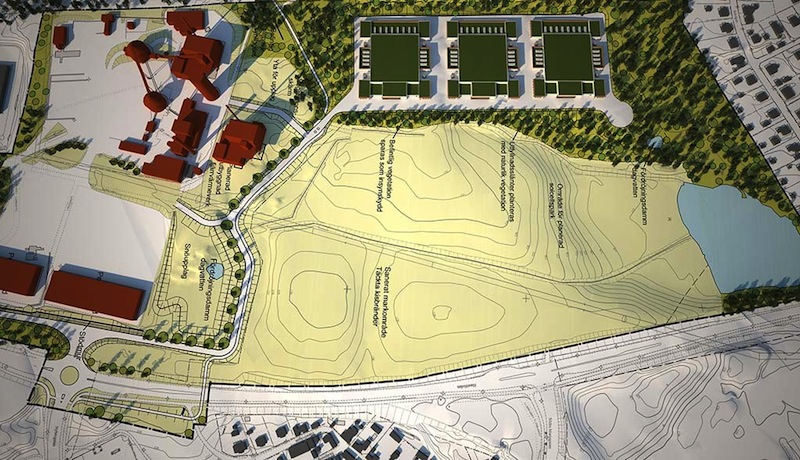
Related Stories
Data Centers | Oct 1, 2024
10 biggest impacts to the data center market in 2024–2025
While AI sends the data center market into the stratosphere, the sector’s accelerated growth remains impacted by speed-to-market demands, supply chain issues, and design innovation necessities.
Warehouses | Sep 27, 2024
California bill would limit where distribution centers can be built
A bill that passed the California legislature would limit where distribution centers can be located and impose other rules aimed at reducing air pollution and traffic. Assembly Bill 98 would tighten building standards for new warehouses and ban heavy diesel truck traffic next to sensitive sites including homes, schools, parks and nursing homes.
The Changing Built Environment | Sep 23, 2024
Half-century real estate data shows top cities for multifamily housing, self-storage, and more
Research platform StorageCafe has conducted an analysis of U.S. real estate activity from 1980 to 2023, focusing on six major sectors: single-family, multifamily, industrial, office, retail, and self-storage.
Codes and Standards | Sep 3, 2024
Atlanta aims to crack down on blighted properties with new tax
A new Atlanta law is intended to crack down on absentee landlords including commercial property owners and clean up neglected properties. The “Blight Tax” allows city officials to put levies on blighted property owners up to 25 times higher than current millage rates.
Industrial Facilities | Aug 28, 2024
UK-based tire company plans to build the first carbon-neutral tire factory in the U.S.
ENSO, a U.K.-based company that makes tires for electric vehicles, has announced plans to build the first carbon-neutral tire factory in the U.S. The $500 million ENSO technology campus will be powered entirely by renewable energy. The first-of-its-kind tire factory aims to be carbon neutral without purchased offsets, using carbon-neutral raw materials and building materials.
Industrial Facilities | Jul 24, 2024
Industrial construction slows, but demand remains strong
California and Arizona remain the most sought-after markets for development and operations, says CommercialEdge’s latest report.
Great Solutions | Jul 23, 2024
41 Great Solutions for architects, engineers, and contractors
AI ChatBots, ambient computing, floating MRIs, low-carbon cement, sunshine on demand, next-generation top-down construction. These and 35 other innovations make up our 2024 Great Solutions Report, which highlights fresh ideas and innovations from leading architecture, engineering, and construction firms.
Industrial Facilities | Jun 8, 2024
8 ways to cool a factory
Whichever way you look at it—from a workplace wellness point of view or from a competing for talent angle—there are good reasons to explore options for climate control in the factory workplace.
Building Tech | May 21, 2024
In a world first, load-bearing concrete walls built with a 3D printer
A Germany-based construction engineering company says it has constructed the world’s first load-bearing concrete walls built with a 3D printer. Züblin built a new warehouse from a single 3D print for Strabag Baumaschinentechnik International in Stuttgart, Germany using a Putzmeister 3D printer.
Industrial Facilities | May 9, 2024
Another new industrial facility breaks ground in hottest market for this sector
The Brickyards on Ellsworth in Mesa, Ariz., will eventually have eight buildings.


